I've never had a problem with veggies—we've always been the best of friends—but I do have a lot of other people in my life that have been less than enamored with this basic food group in the past. Some cite the bitter flavor associated with veggies like Brussels sprouts, while others dislike the various consistencies that come with boiling or steaming vegetables such as broccoli or eggplant.
This begs the question: is there a method of cooking that highlights each individual vegetable's flavor, regardless of its structure or flavor?

Yeah... this is not what I signed up for when I started eating solid foods!
Sure, deep-frying vegetables is delicious... but keeping a giant vat of oil around isn't practical, and neither is it particularly healthy. (Quite the opposite, actually.) Sautéing works for some vegetables (spinach, kale) but not so much for others (winter squash, tomatoes).
- Don't Miss: How to Select Vegetables at Their Peak
However, there is one way of cooking veggies that I've found trumps them all in ease, healthiness, and flavor: roasting. Roasting vegetables is, hands down, the easiest and most delicious way of enjoying vegetables. And luckily, there is a fantastic, foolproof way to do so without a recipe.
Prep Your Veggies & Preheat the Oven
Preheat the oven to 400-425°F. My oven tends to run hot so I err on the side of caution, but yours may require a higher heat setting. It may take a few tries for you to get the perfect temperature for roasting, you'll know your oven much better afterward—and that's never a bad thing!
Prep your vegetable(s) as needed. If you're making broccoli, for example, rinse and pat dry before cutting into florets. Chop your onions into chunky pieces. Try to make sure your veggies are of a uniform size so that smaller pieces don't cook faster than larger ones. The same rules apply for roasting a vegetable medley as opposed to roasting one type of vegetable.
Coat Your Veggies in Olive Oil
Notice that I didn't say 'lightly drizzle.'
You're not frying these vegetables in oil, but it's important that you make sure that every nook and cranny of your chopped veggies have a healthy sheen of olive oil visible. Without oil, you're baking your veggies—not roasting them.
My favorite way to get this done is to put the veggies in a large bowl, add olive oil, then mix with my hands. If I didn't add enough olive oil on the first round, I add a little more—enough until every surface is glistening with oil.
Spread Your Veggies on an Oven-Safe Pan or Tray
Make sure your vegetables are spaced out on the pan or baking sheet—whatever you decide to use. For smaller portions, I like to use a cast iron because I love the flavor the seasoning imparts to the veggies. For larger portions and for vegetable medleys, I like to line my tray with parchment paper (to prevent the veggies from sticking) then place the vegetables on top.
It's very important to keep the vegetables from being over-crowded on the tray, as the crowded vegetables won't roast evenly—in fact, the moisture evaporating with the veggies in such close proximity to each other with steam, not roast.
Salt (& Season) Generously
Salt is an insanely important part of this process—it brings out the natural flavor in vegetables in any other cooking method, but it is especially significant in roasting. Roasting encourages the caramelization of the natural sugars in vegetables; salt enhances the sweetness with its contrasting flavor profile. Other seasonings such as pepper or various herbs compliment the flavor of roasted vegetables, but nothing brings out the richness of flavor like salt does.
- Don't Miss: How to Caramelize Onions in Half the Time
I like to sprinkle a few pinches of kosher salt over the vegetables; the amount truly varies according to your taste buds. I can tell you one thing from experience though—if you feel like you've salted the tray a sufficient amount, add more salt anyway. We tend to chronically under-salt things because we fear over-salting things; as you get the hang of how much salt things require, you'll get a better feel for how much salt you really need.
Roast in the Oven Until It Smells Delicious
So at this point, you're wondering where the bake time is for this foolproof recipe... well, I'll have to disappoint you. There is no set time for roasting vegetables, because everyone's oven is different.
I can tell you that my oven on average takes about 15-20 minutes to roast a tray full of veggies, but my oven is guaranteed to be much different (and honestly, much worse) than yours.
The best way to know how long your veggies will take is to go by smell—in other words, follow your nose. Like I mentioned earlier, roasting veggies is simply caramelizing them with their own natural sugars. Therefore, the smell of the caramelization will eventually waft from your oven and into your nose, signifying when the vegetables are about done roasting.
When that irresistible smell hits me, I usually take a peek to see how the veggies are doing: look for signs of browning or slightly-black edges, and poke the vegetable with a fork to check for tenderness. For heartier veggies like squash or potatoes, I stir the pan or tray with a wooden spoon to make sure all sides get an even roast. Then, based on that check, I either take the tray out of the oven or give the veggies a few more minutes to roast.
Never stray far from the kitchen and always make sure you're ready to remove the veggies at a minute's notice. And after a while of doing this, you'll start to memorize the amount of time it'll take to roast this particular mix of vegetables, or to roast Brussels sprouts in a cast iron.
The Foolproof Way Requires No Recipes
When I first started trying to roast vegetables on the fly and without a recipe, I found myself nervously checking the oven every 5-10 minutes, terrified I would burn something. But as I continued to roast veggies, I started becoming more confident in my knowledge of both my oven and the qualities of the vegetables I was cooking—and my results tasted better and better.
Roasting is one of the easiest and most delicious ways to cook vegetables, and it's also one of the most forgiving as well—making it a perfect opportunity to start trying to cook without training wheels (aka recipes). And roasted veggies are delicious in every season, whether it's roasted butternut squash in the winter or roasted corn in the summer. Even the most grumpy of veggie-haters will find something to love in the wide variety of roasted veggies you can make, now that you know how to roast without a recipe!









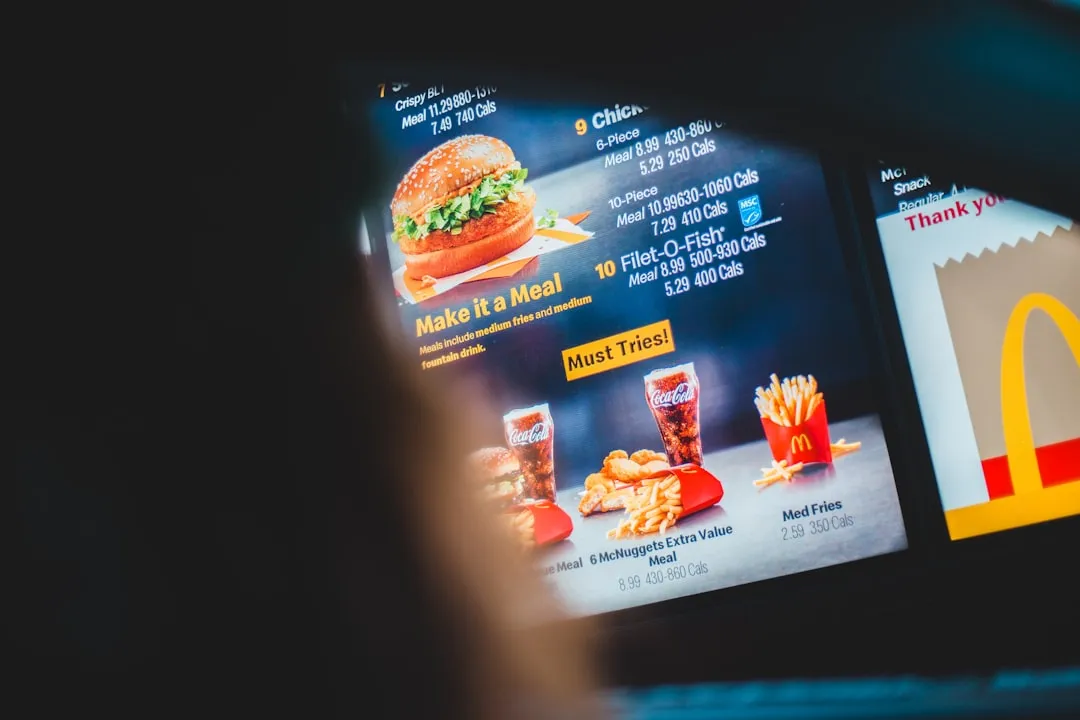

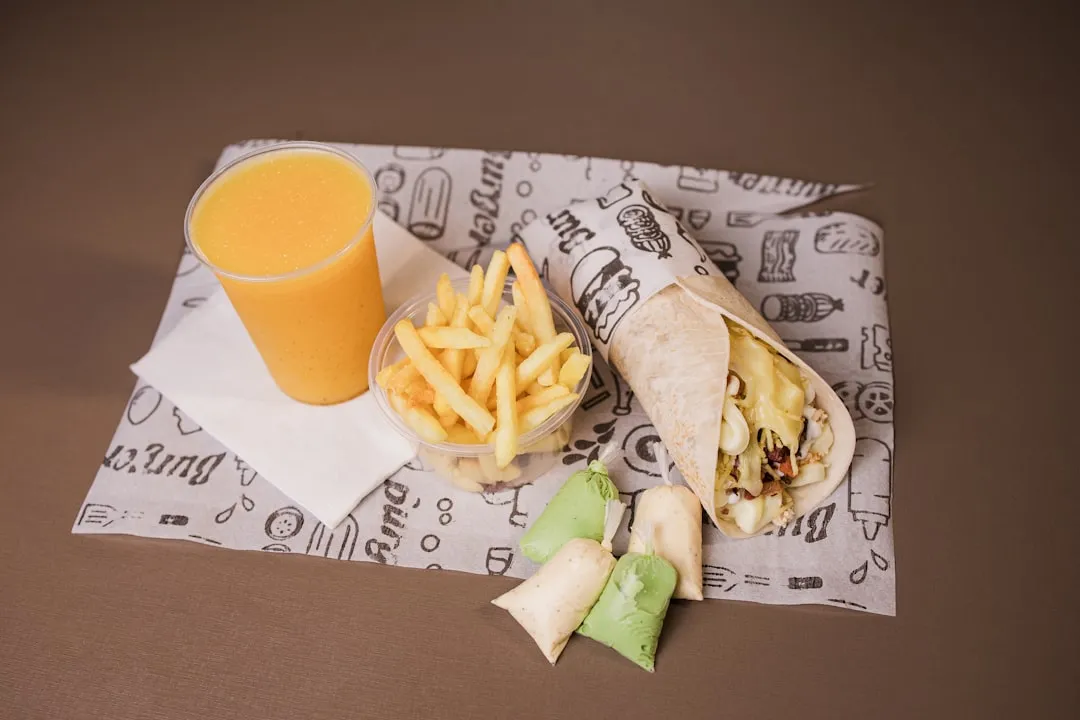

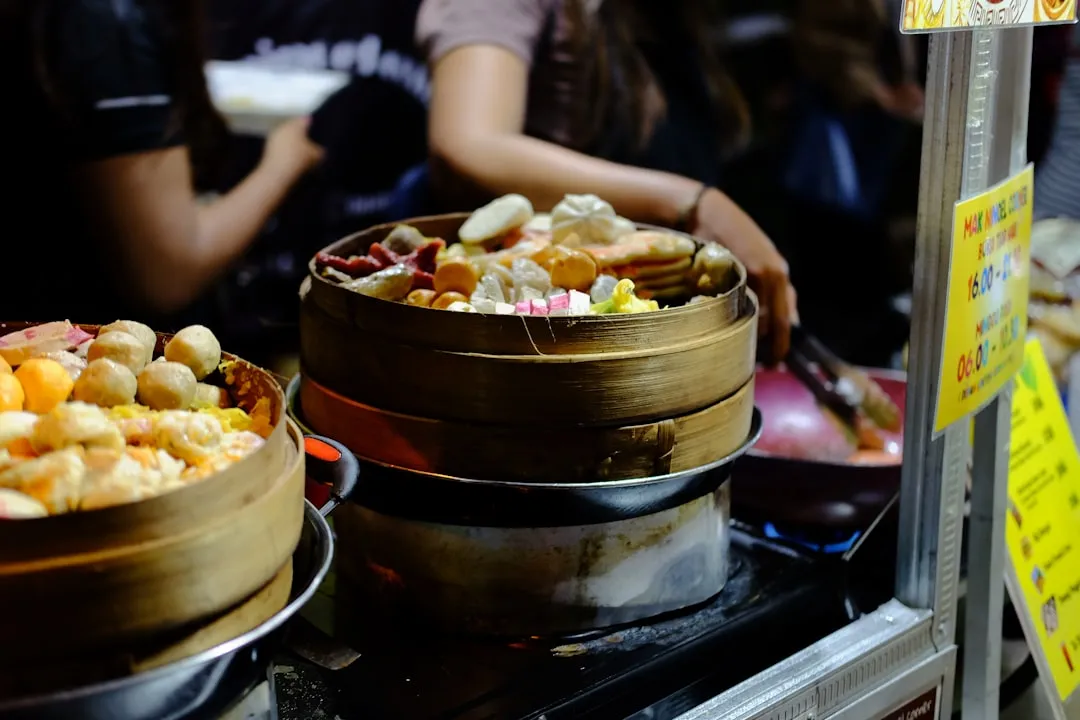
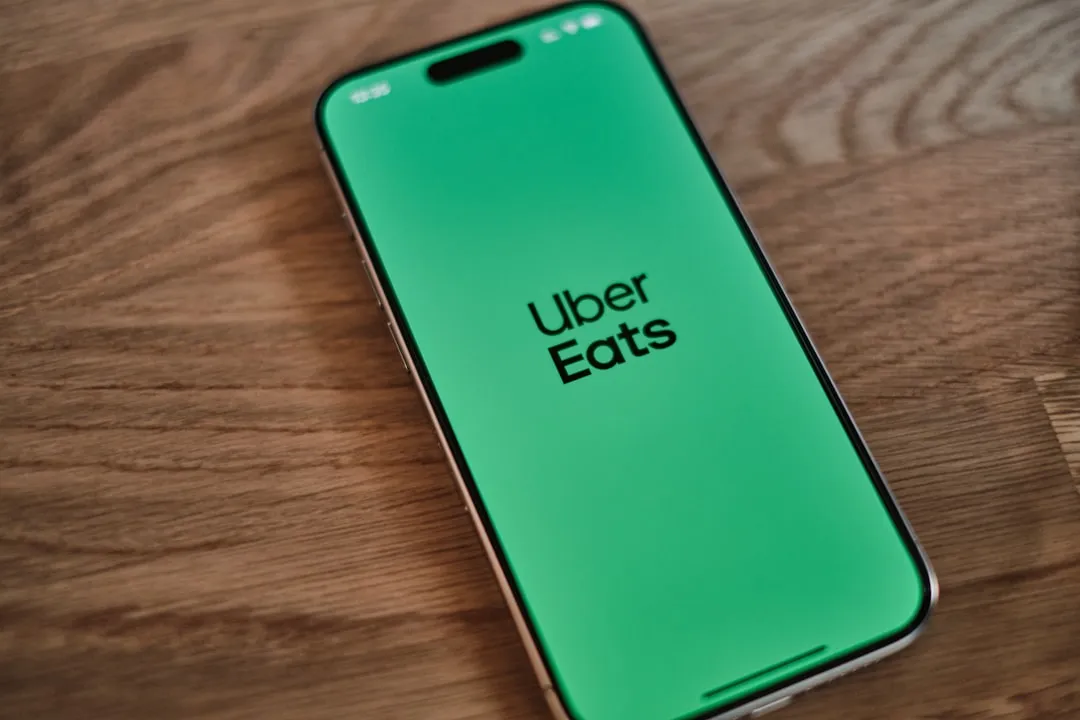


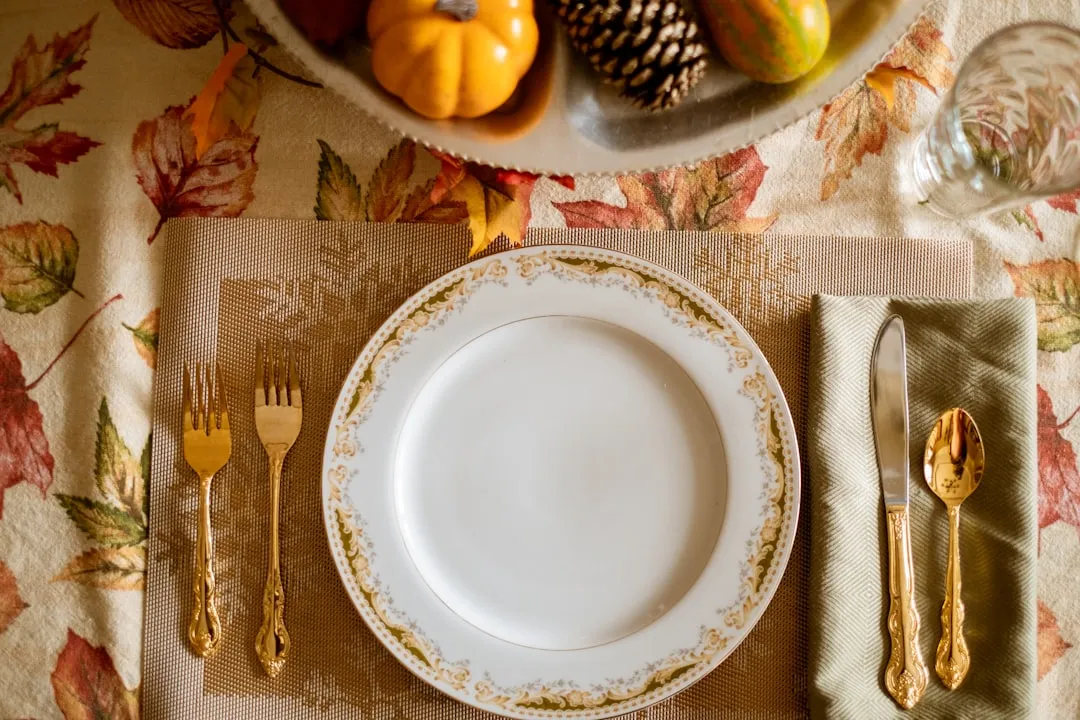

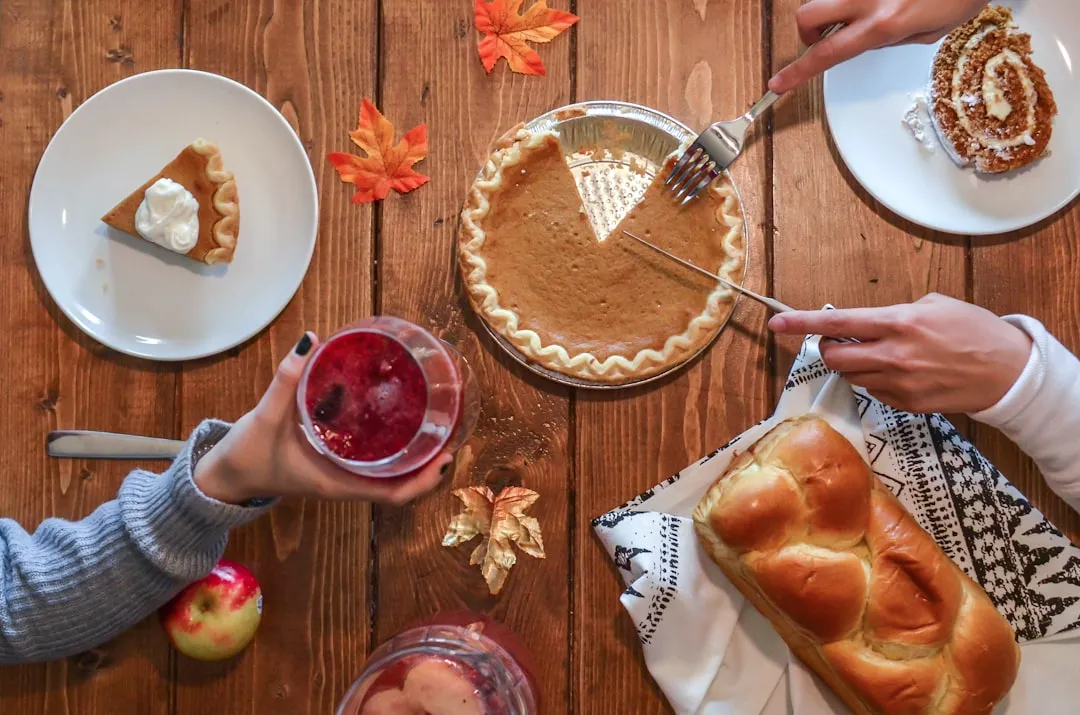
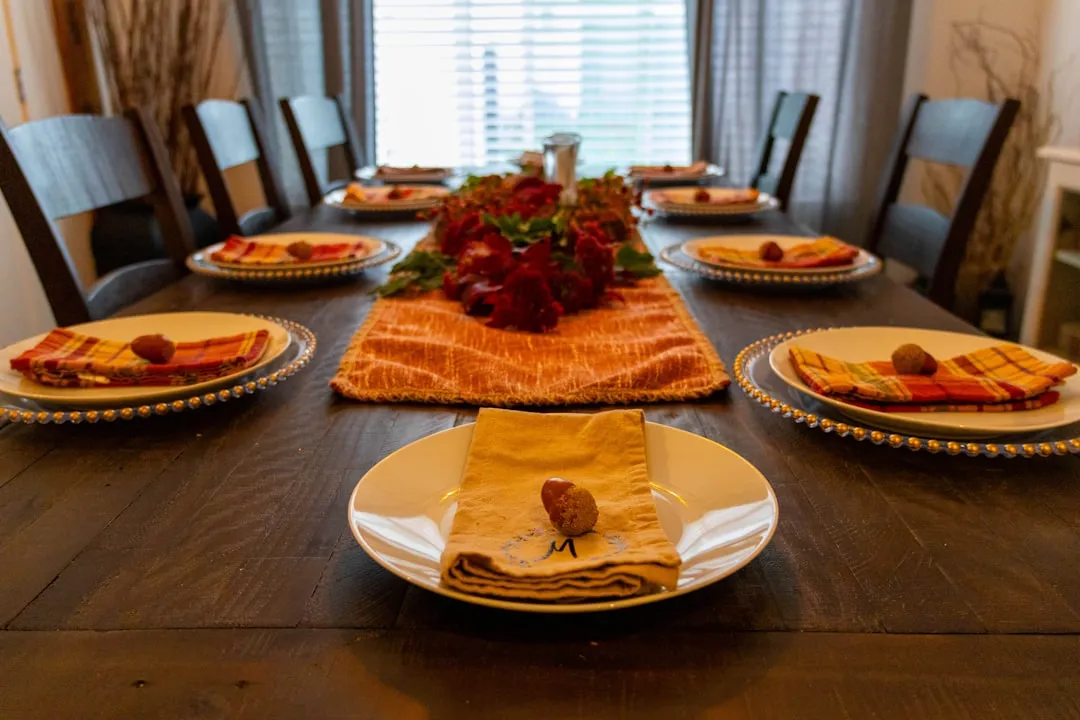





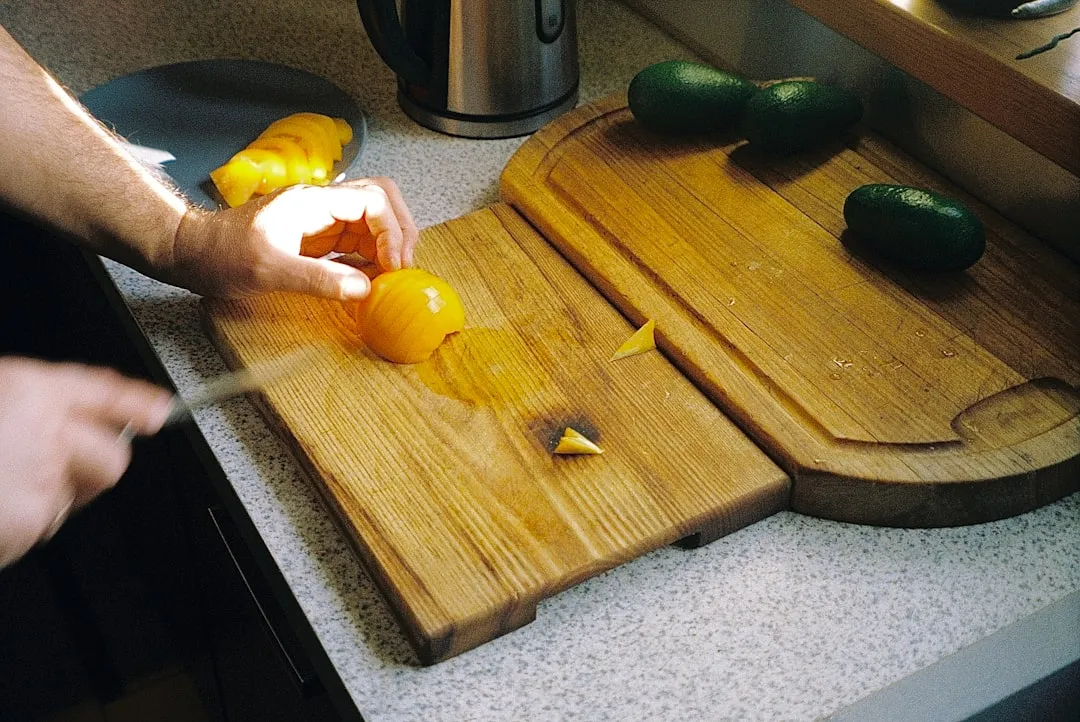


Comments
Be the first, drop a comment!